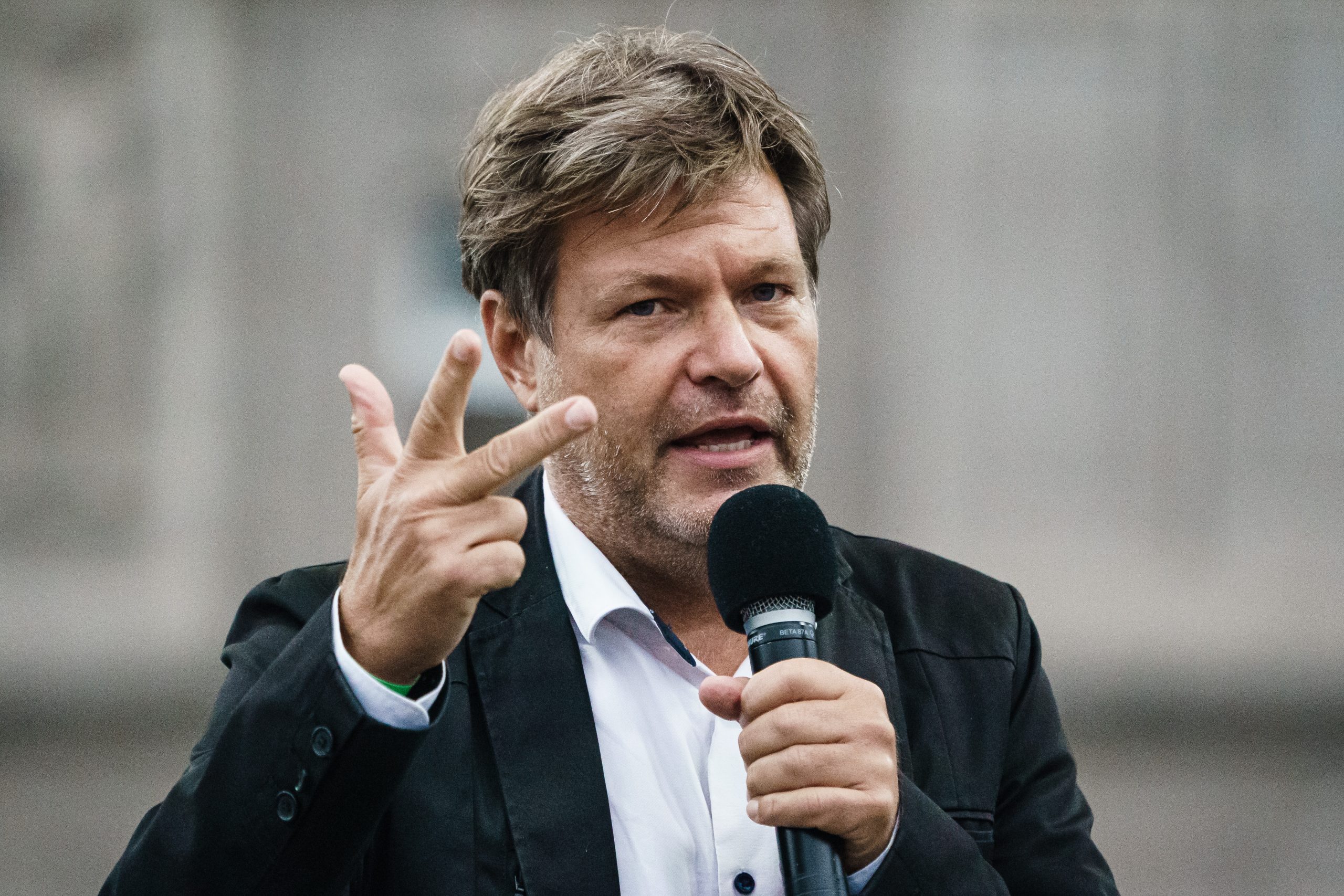Germany’s Minister for Economy and Climate Protection, Robert Habeck, has called for increased investments in Germany.
This comes in response to recent economic figures released, highlighting a decline in business confidence and a stagnant Gross Domestic Product (GDP).
Not long ago hailed as Europe’s economic powerhouse, Germany is struggling to maintain its growth trajectory.
Habeck stated in a press release that the current economic situation is influenced by the aftermath of energy price crises, efforts by the European Central Bank to combat inflation, and the weakened state of key trading partners.
Domestically, there are glimpses of recovery. Real net incomes have slightly increased, private consumption appears stable, and inflation continues declining.
However, Habeck acknowledged the challenges Germany faces as an export nation in the global context, especially with growth issues that might have more pronounced effects in the mid to long term.

Habeck emphasized Germany’s “tremendous strengths,” citing its innovative business sector, long-established production chains, a skilled workforce, and solid legal security.
“We are met with increasing challenges and risks. Action is necessary. We need investments,” he stated.
Around two dozen companies plan to invest approximately €80 billion in the country.
To encourage and simplify these investments, Habeck stressed the need to eliminate barriers and reduce bureaucracy. “Germany must not restrain itself,” he commented.
The government is introducing initiatives such as the Growth Opportunities Act for corporate tax relief and a special Climate and Transformation Fund to stimulate investments.
Highlighting labor challenges, Habeck mentioned the shortage of skilled workers.
Germany’s enduring energy crisis, stemming from the Ukraine war, hampers manufacturers in an economy already grappling with a demographic-induced labor shortage and low productivity.
The global competition in electric vehicles threatens the strength of the German automotive industry.
These long-term challenges and weak Chinese demand and tighter monetary policy further squeeze the industrial sector.
According to the Ifo Economic Institute, business confidence dropped for the fourth consecutive month in August.
It’s the lowest level since August 2020, with companies expressing pessimism for the upcoming months.
Following these reports, the Federal Statistical Office confirmed that Germany’s economy stagnated in the second quarter of 2023.

